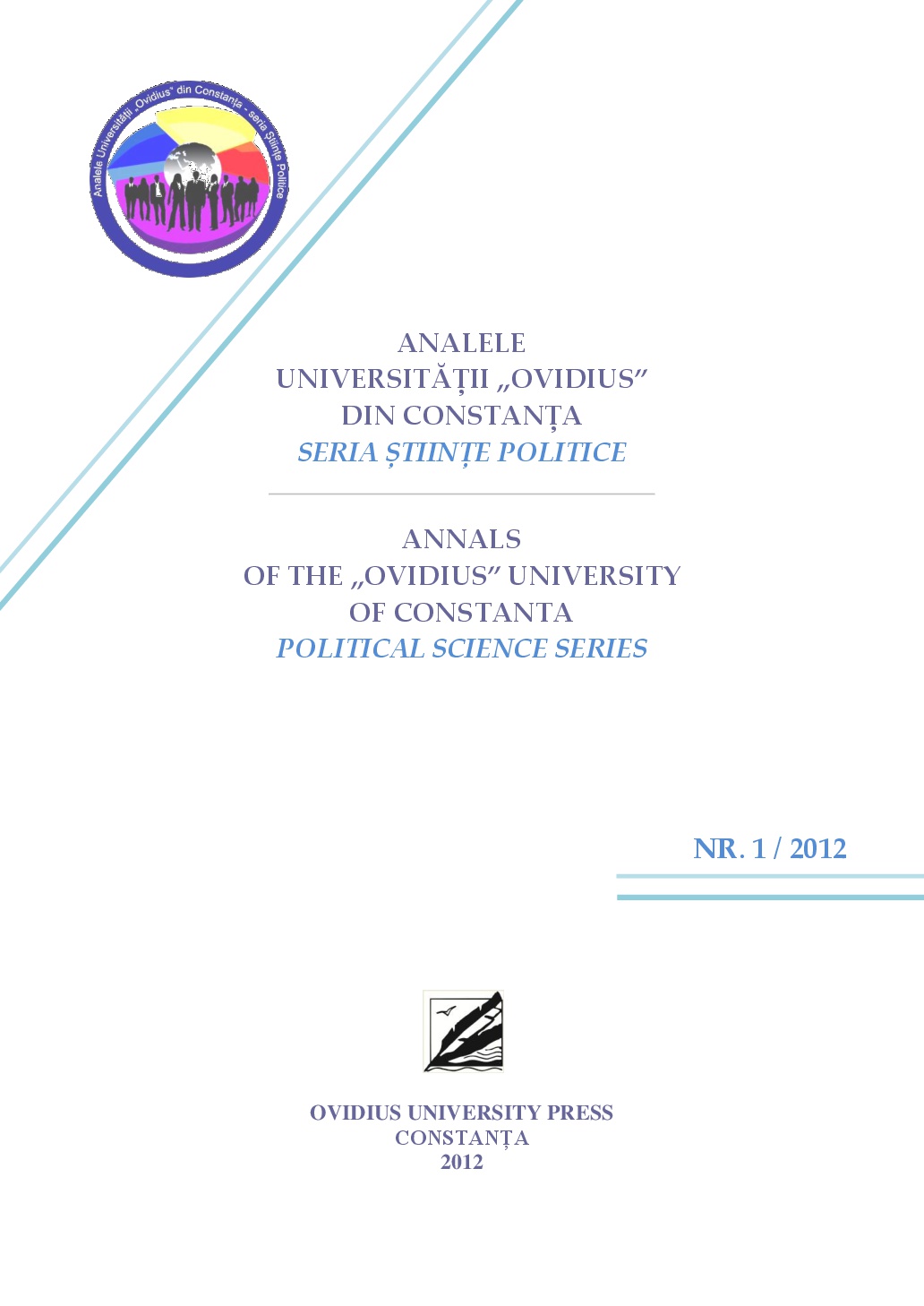Tradition, Crisis and Reform of the European Cohesion Policy
Tradition, Crisis and Reform of the European Cohesion Policy
Author(s): Georgeta GhebreaSubject(s): Politics / Political Sciences
Published by: Ovidius University Press
Keywords: anti-oppressive policy; cohesion policy; social control; utilitarianism; welfare state
Summary/Abstract: The cohesion policy is one of the most innovative, ambitious and visible European policies. We try to find out if and how this policy is connected to the national welfare states. The European Union policies are inspired from the national welfare state paradigms but they become incentives for the national policies, creating a virtuous circle. An example for illustrating this idea is how the previous crises were tackled, by changing the underlying ideologies and paradigms, from neo-corporatism to neo-liberalism, and from social control to utilitarianism. These changes took place through dynamic and mutually strengthening relations between the national and supranational levels. What are the changes promoted by the new reform of the European cohesion policy (the draft legislative package for 2014-2020), from the point of view of the underlying paradigms? Is the cohesion policy becoming more people-centred or it continues to subordinate the social dimension to the economic competitiveness? We will try to answer to all these questions by using the content analysis of certain relevant formal documents as referring to the European cohesion policy. Our paper begins with an analysis of the latent aspects of cohesion policy, then it tries to see the interconnections between the supranational and national levels of this policy and, finally, it compares the balance between the economic and social dimensions within the European official documents referring to cohesion policy.
Journal: Annals of the Ovidius University of Constanta - Political Science Series
- Issue Year: 1/2012
- Issue No: 1
- Page Range: 31-44
- Page Count: 14
- Language: English

